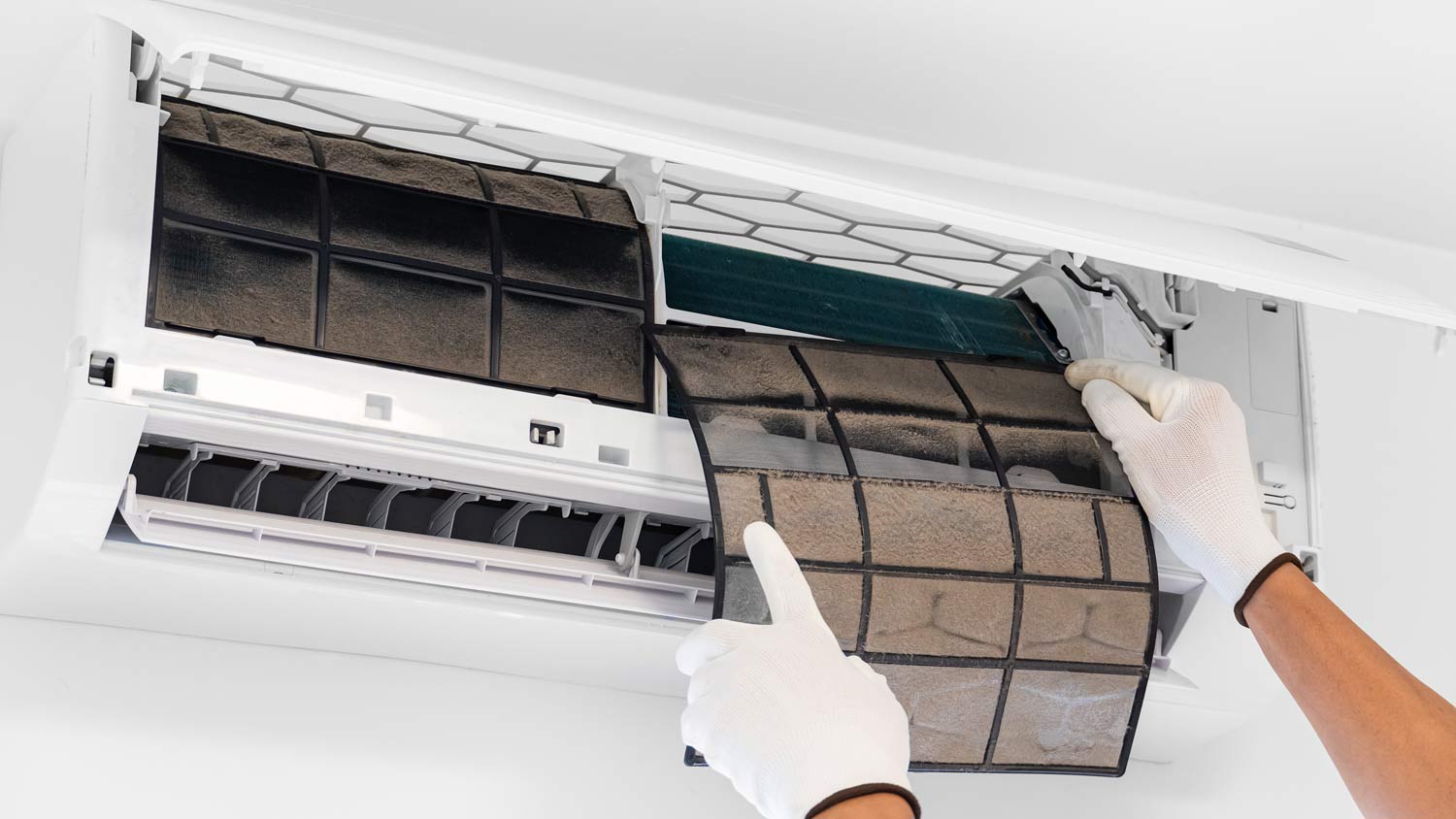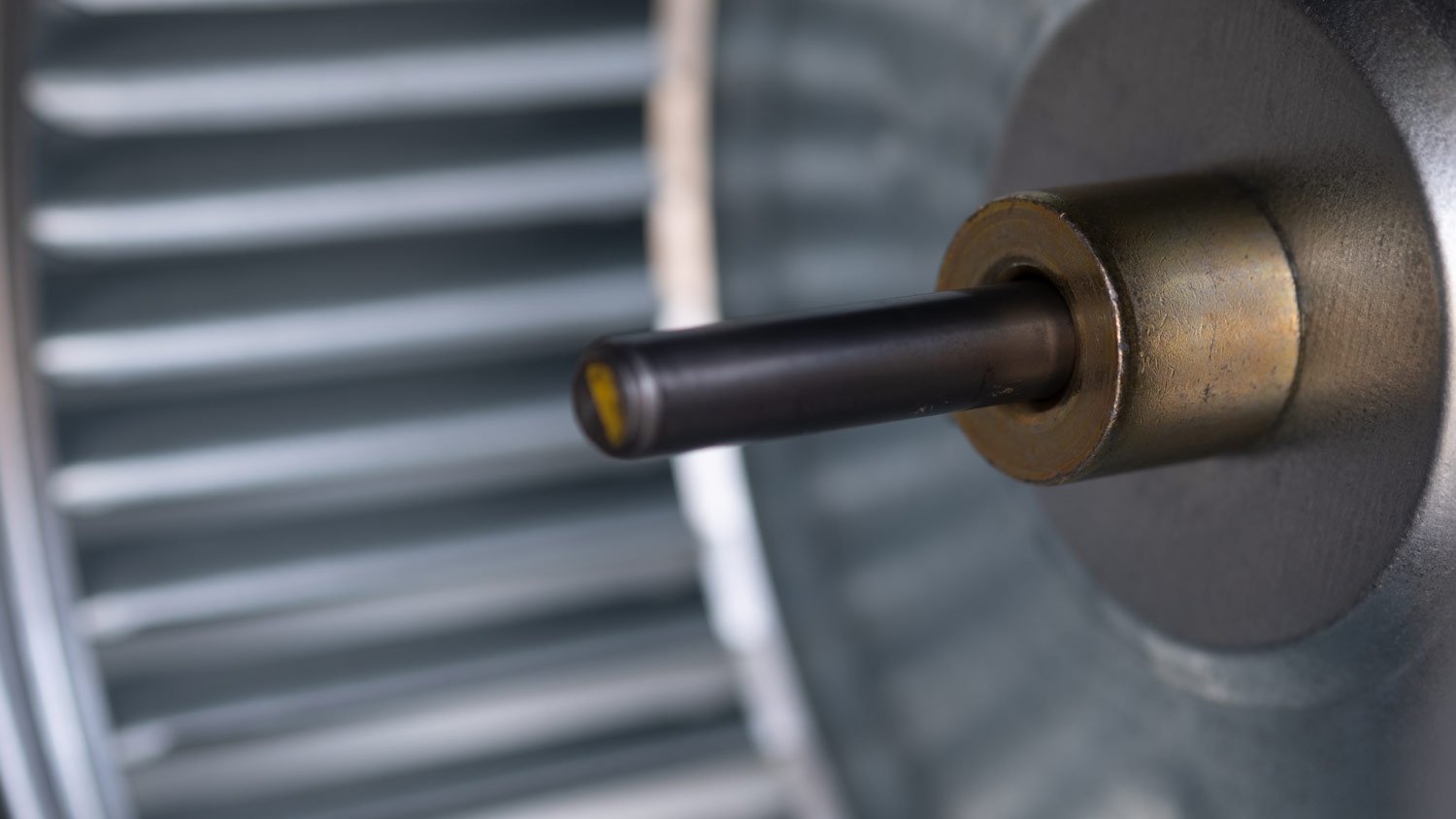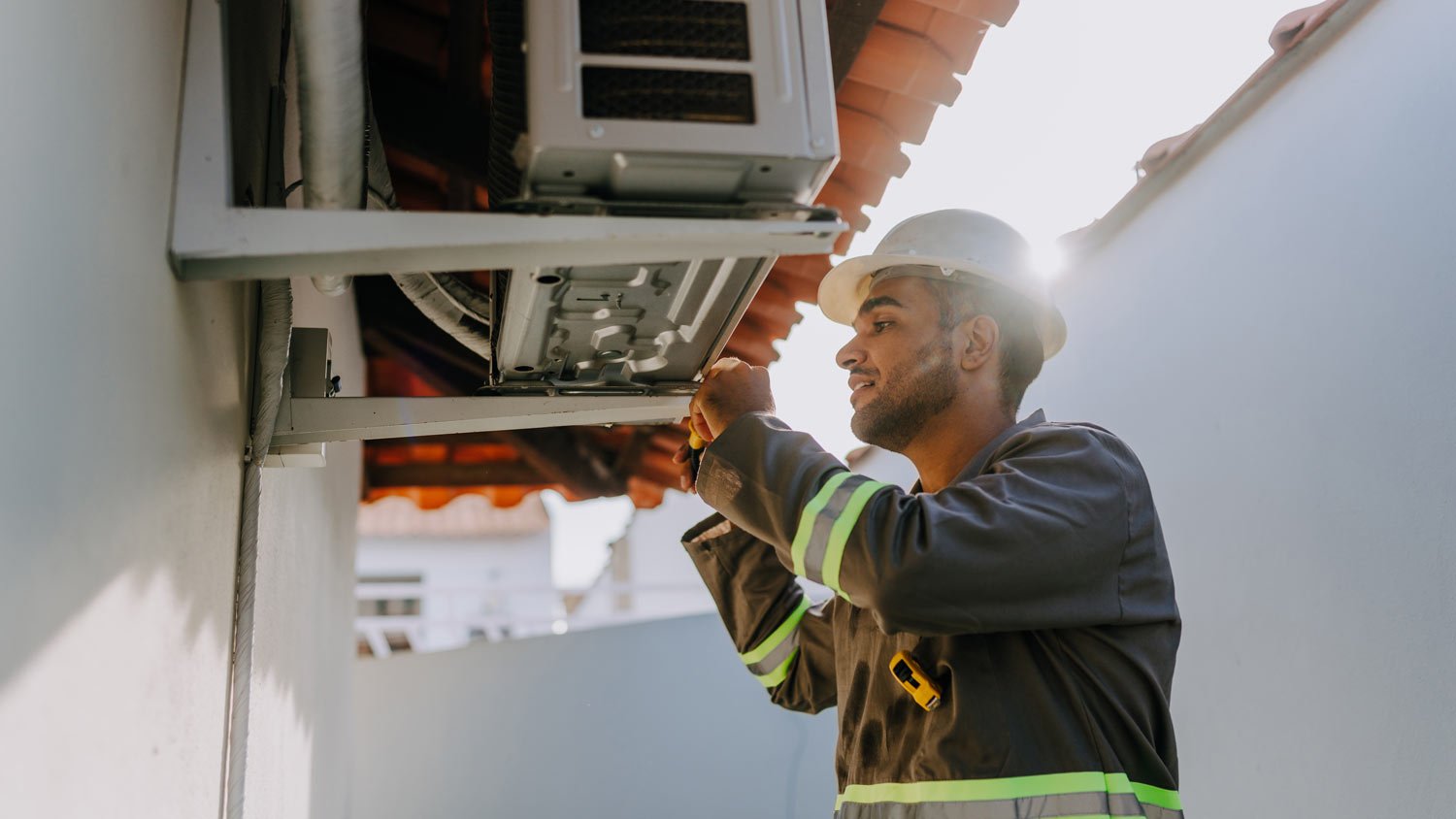
Average costs of HVAC inspections vary based on house size, location, and type of HVAC system. Follow our easy guide to gauge your home’s HVAC inspection cost.
If your AC is melting down, keep things cool by knowing what to do


If your HVAC is not blowing air through the vents, it could be a blockage in your system.
Change your air filter every three months to prevent a clog.
Broken components such as a blower motor, compressor, or capacitor will stop the airflow.
Damaged or improperly installed ductwork can also cause issues.
Call a pro to service your HVAC system annually to prevent airflow issues before they start.
If your HVAC is not blowing air through the vents, it can be hard to chill out. The truth is that sometimes things go wrong. Your HVAC system has many components that can wear down or malfunction—not to mention develop clogs from dust and other debris flowing through the ductwork. Luckily, there are usually only a few common causes. Here’s what might be wrong and what you can do to fix it.

AC filters can get blocked with dust and debris if they’re not regularly changed. This will restrict air flow, and you may feel a weak stream, or in severe cases, no air blowing through the vents.
Replace the filter. You should change the filter in most HVAC systems every three months or so.
Even if your air filter is clear, other components in your HVAC system can suffer from blockages. Insects, birds, and other small animals can block ductwork. Leaves and shrubbery can get stuck in the outdoor condenser unit and cause it to overheat. Drainage lines can clog.
If you notice dust and debris collecting around the opening of your vents, you should hire a contractor to clean your ducts. Clean your outdoor unit frequently or install a mesh cover if falling leaves are a problem. If you don’t know what is causing the blockage, call an HVAC pro.
Your HVAC system has a damper that directs the flow of air inside your ductwork. When it’s closed, the air is blocked. Your thermostat may automatically open and close the damper to create what’s known as zones, but sometimes you have to operate the damper manually.
Make sure the dampers are open.

HVAC units have a lot of components that can break down, especially if your system is nearing the end of its 10-to-30-year lifespan. If you don’t hear the fan running, this usually points to the blower. The motor can malfunction, but it could just as easily be a problem with the capacitor that powers the motor or the contactor that controls the flow of electricity to your system.
If you need to repair any of the components of your air conditioning, you should call a professional HVAC technician. They’ll be able to diagnose the issue correctly and make the necessary repairs.
Thermostats can be trickier than they look. The battery can run out. The unit can malfunction. Human error is real (let’s be honest, they’re not always easy to program). If your thermostat isn’t working properly, your HVAC may not blow air through the vents.
Take a look at your thermostat. If it’s on the “cool” setting and the temperature is set lower than the current temperature of your home, your AC should be running. Try changing the batteries and cleaning away any grime. If that doesn’t work, call a thermostat repair pro near you.
Your HVAC unit needs electricity to function—and it’s pretty power-hungry. If your system is stressed with an issue such as a clogged filter or refrigerant leak, it will need to work harder and use even more electricity. This can trip a circuit breaker.
Look for a tripped circuit. You can flip it back, but you’ll need to address the underlying cause of the power issue. Call a local electrician to get to the bottom of it.

Rodents or other pests are known for poking holes in ductwork, which causes the air to leak out before it can reach your vent. Other issues included disconnected or twisted ductwork, along with improper installation. If there are too many bends in the layout or incorrectly sized ducts, you’ll have a lack of airflow.
Have a pro inspect your HVAC system to find the issue. If you notice any cracks or holes, you can seal leaky ducts on your own as long as you can safely reach them.
Without regular maintenance, corrosion can build up inside the air conditioning coils and cause serious damage. This leads to refrigerant leaks, which impact airflow and temperature.
If your air conditioner just won’t keep your home cool, you’ll need an HVAC technician to check for leaks. They can replace the damaged coils if that’s the cause.
Changing an air conditioning filter is simple once you know how. If that doesn’t solve your problem, you’ll want to call an HVAC repair pro near you. There are a ton of reasons why your HVAC system is not blowing air through the vents, and a professional has the knowledge to figure out which components are the source of the problem—whether it’s some wonky duct work, a broken compressor, or more.
Additionally, you should service your HVAC system at least once a year to prevent problems later.
From average costs to expert advice, get all the answers you need to get your job done.

Average costs of HVAC inspections vary based on house size, location, and type of HVAC system. Follow our easy guide to gauge your home’s HVAC inspection cost.

Inspections are an essential part of furnace maintenance. Prevent inconvenient breakdowns by budgeting for furnace inspection costs and repairs.

What you’ll pay in Columbus, OH, for furnace repairs depends on many factors. Here’s a breakdown of what can go wrong and the cost to fix those issues.

There are a few different types of refrigerant for AC systems, but some contain environmental hazards. Learn about the five main types of refrigerant.

Even when you're sweating up a storm on a hot day, your AC should keep its cool. Here's what to do when condensation on your AC signals larger problems.

Energy bills rising? Here’s how to perform a DIY duct leakage test to locate any damage in your ductwork and restore your energy-efficient home.